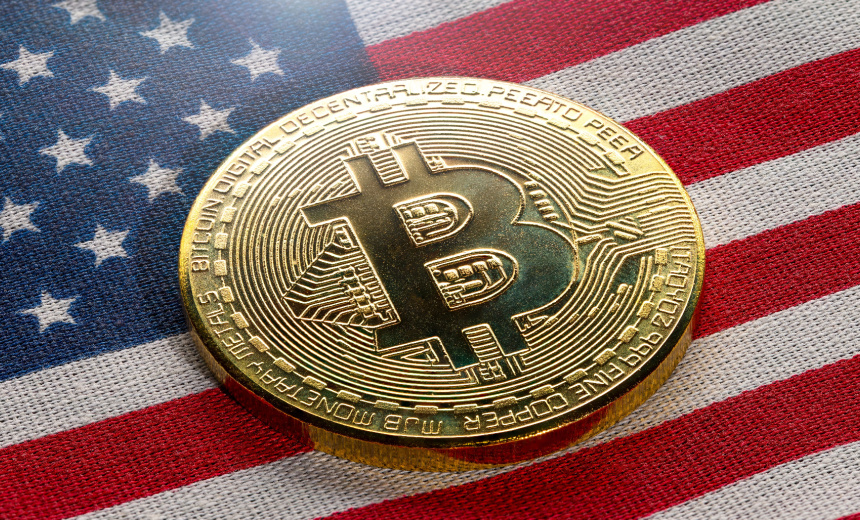Blockchain & Cryptocurrency
,
Fraud Management & Cybercrime
,
Government
President-Elect’s Crypto Push Fuels Concerns Over Market Stability and Conflicts

President-elect Donald Trump’s embrace of cryptocurrency and blockchain is raising concerns that so-called “blockchain billionaires” could gain direct influence over the White House as the crypto market endures historic turbulence marked by soaring highs and sharp crashes.
See Also: Maximizing data utility in mission delivery, citizen services, and education
The weeks after Trump’s 2024 presidential victory saw Bitcoin rally sharply, only to crash on Tuesday, erasing nearly $200 billion from the $3.2 trillion crypto market. Unlike President Joe Biden’s cautious, regulation-heavy approach, Trump’s administration seems set to embrace crypto, with reported plans to appoint the first-ever White House “crypto czar.”
Cryptocurrency experts told Information Security Media Group that Trump could help expand the market and integrate it into traditional financial sectors but warned that crypto’s volatility and conflicts of interest within the incoming administration could pose serious risks to the broader economy. Multiple experts and former federal officials, mostly speaking anonymously to be candid, expressed concerns that Trump and his circle’s cryptocurrency boosterism could end up eroding public trust in the growing industry.
“I’m not sure why we need a czar other than to excite and reward cryptocurrency proponents,” said Roger Grimes, a data defense expert at KnowBe4. He noted the White House doesn’t have czars for other high-value assets such as domestic real estate, which is valued at $47 trillion, or credit default swaps worth $4.3 trillion, despite these markets being integral to the economy and far exceeding the value of cryptocurrencies.
Coinbase CEO Brian Armstrong, former Acting U.S. Comptroller of Currency Brian Brooks, and “Crypto Dad” Chris Giancarlo have all emerged as potential candidates for the inaugural role, although Trump’s transition team has not publicly confirmed whether the president-elect will create any crypto czar position after taking office in January.
Trump did recently announce he’d be appointing billionaire Wall Street CEO Howard Lutnick – a major supporter of a crypto firm called Tether – to serve as secretary of commerce.
Conflict of interest is a running theme of Trump’s political life, most personified in his first administration by his ownership of an eponymously named hotel just steps away from the White House, which was patronized by foreign dignitaries and world leaders. Now, the crypto market presents another opportunity for potential influence, as the president-elect has launched his own venture, World Liberty Financial, licensing his name for billions of dollars’ worth of tokens and a cut of the profits.
On Monday, Tron blockchain founder Justin Sun revealed a $30 million investment in World Liberty Financial, making him its largest backer to date. The infusion appears to have pushed the project’s token value past the threshold required to grant 75% of revenues to the president-elect’s limited liability company.
Sun wrote in a post to the social media platform X that “the U.S. is becoming the blockchain hub, and Bitcoin owes it to @realDonaldTrump!” The blockchain founder also said his company is “committed to making America great again,” echoing the Trumpian slogan “Make American Great Again.”
The president-elect’s transition team has met with leading members of the cryptocurrency community in recent days while reportedly vetting candidates to chair the Securities and Exchange Commission.
Trump announced sweeping plans for Bitcoin along the campaign trail, including a pledge to “keep 100% of all the Bitcoin” seized by the U.S. government and use those tokens as the foundation for a new federal strategic reserve.
“For too long, the government has violated the cardinal rule that every Bitcoin owner knows by heart: Never sell your Bitcoin,” Trump vowed to “transform that vast wealth into a permanent national asset to benefit all Americans,” according to The Washington Post.
Trump’s transition team did not respond to requests for comment. Coinbase did not return multiple requests for comment.
